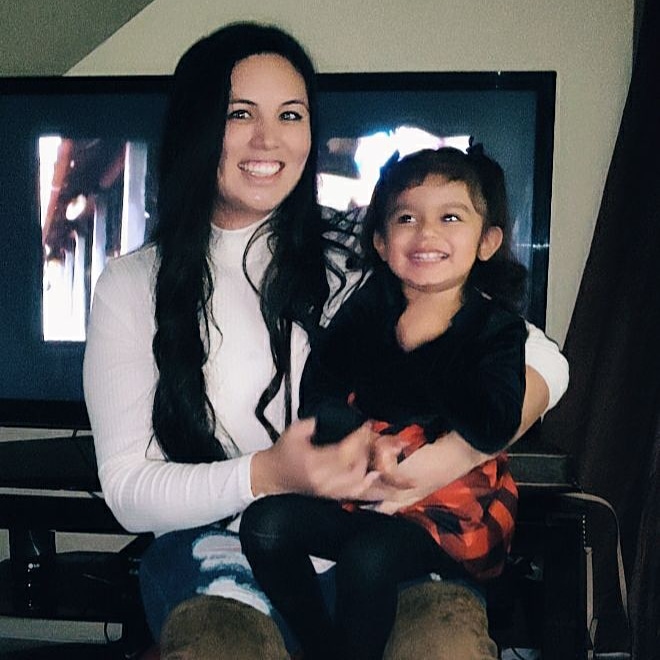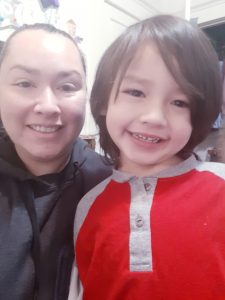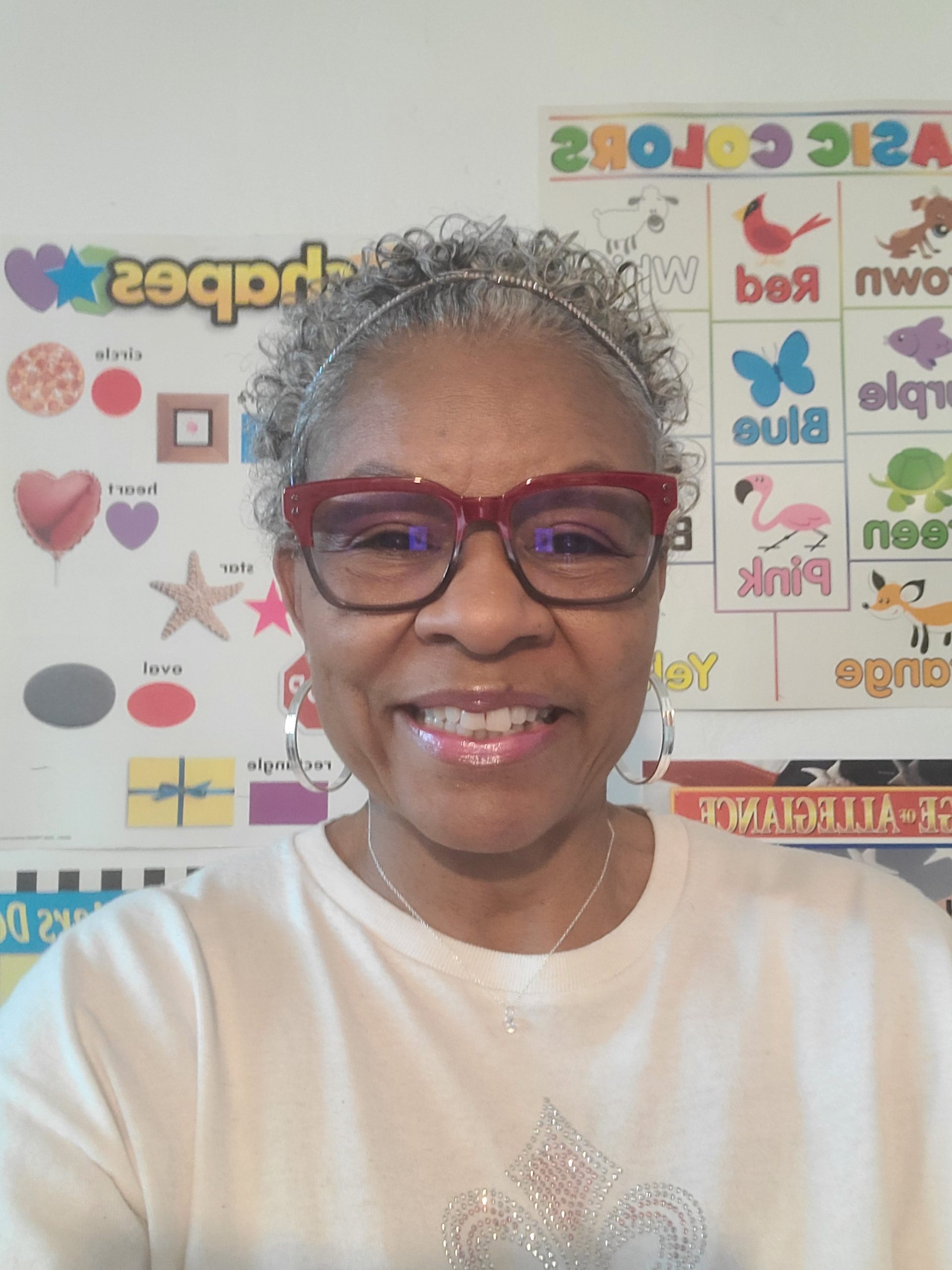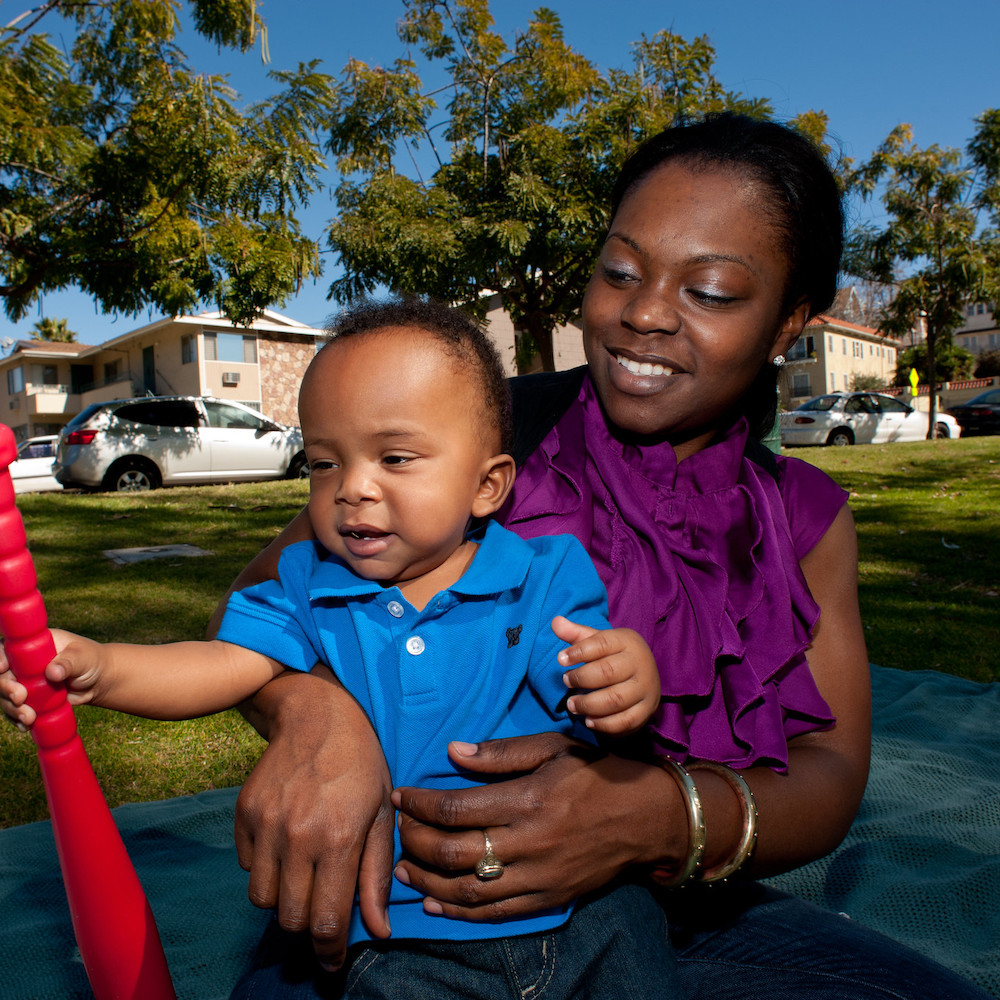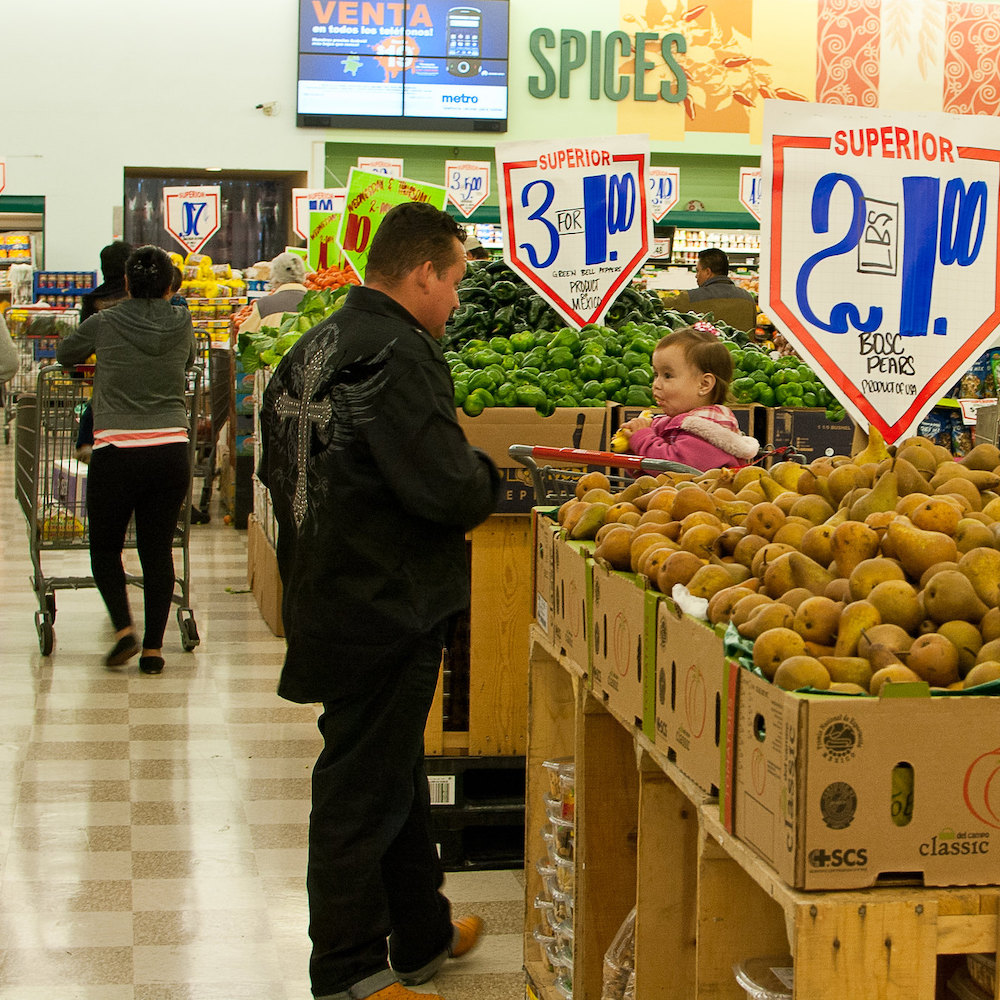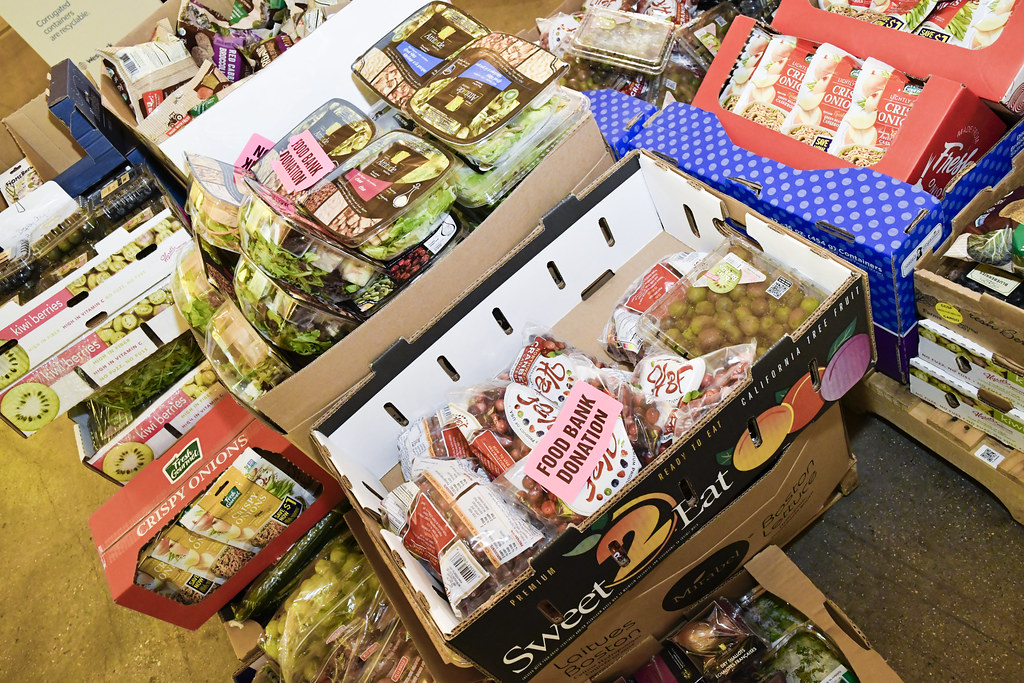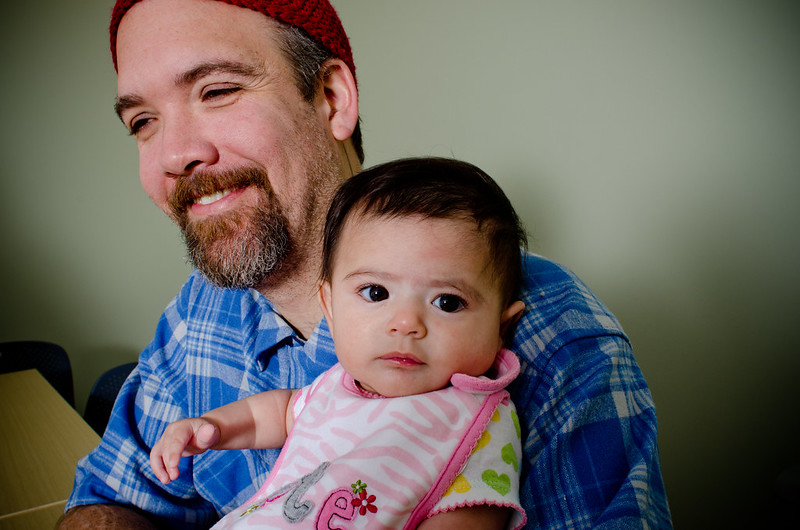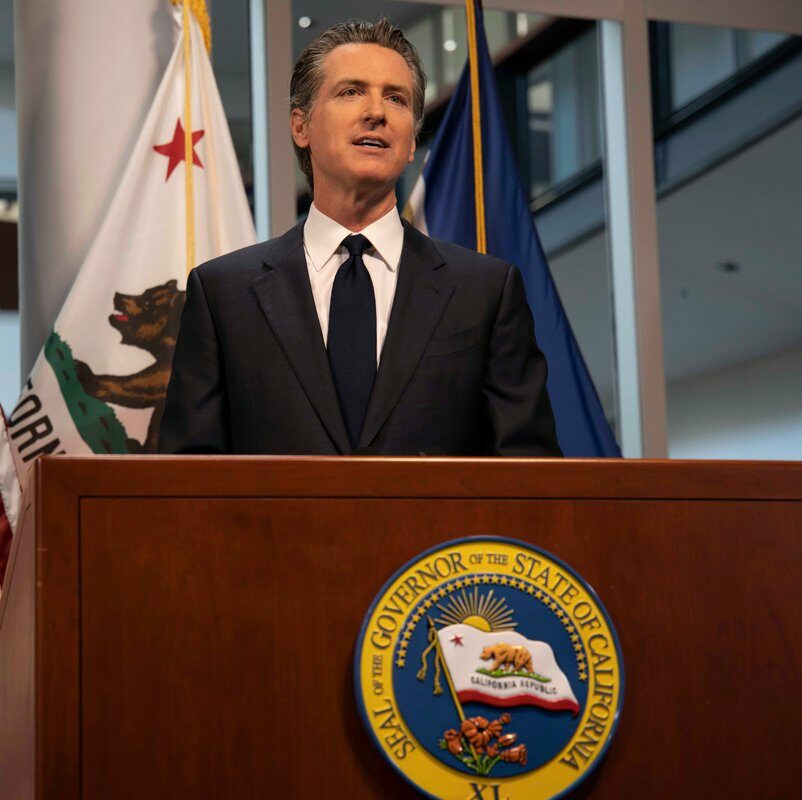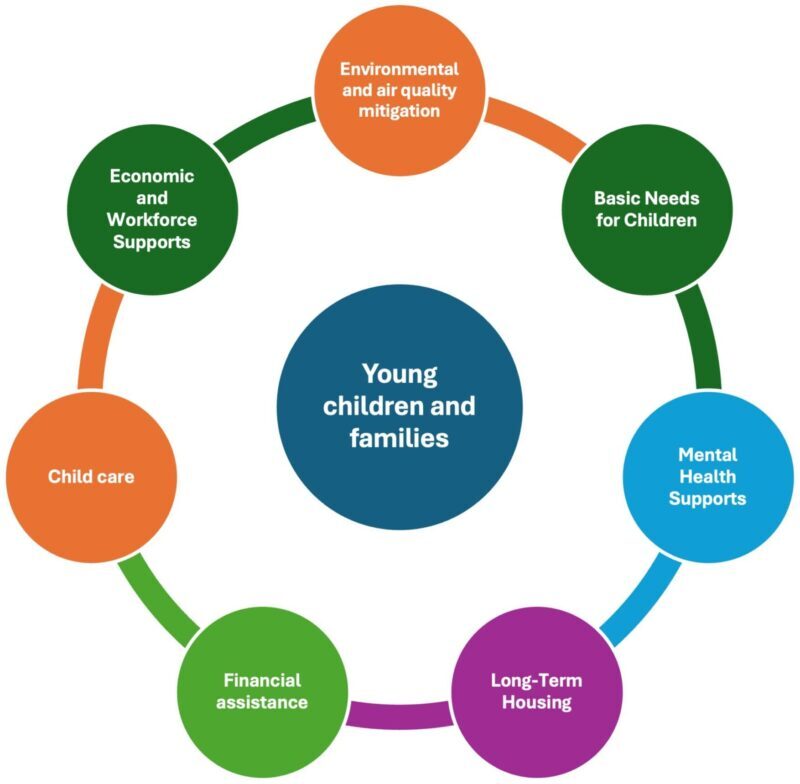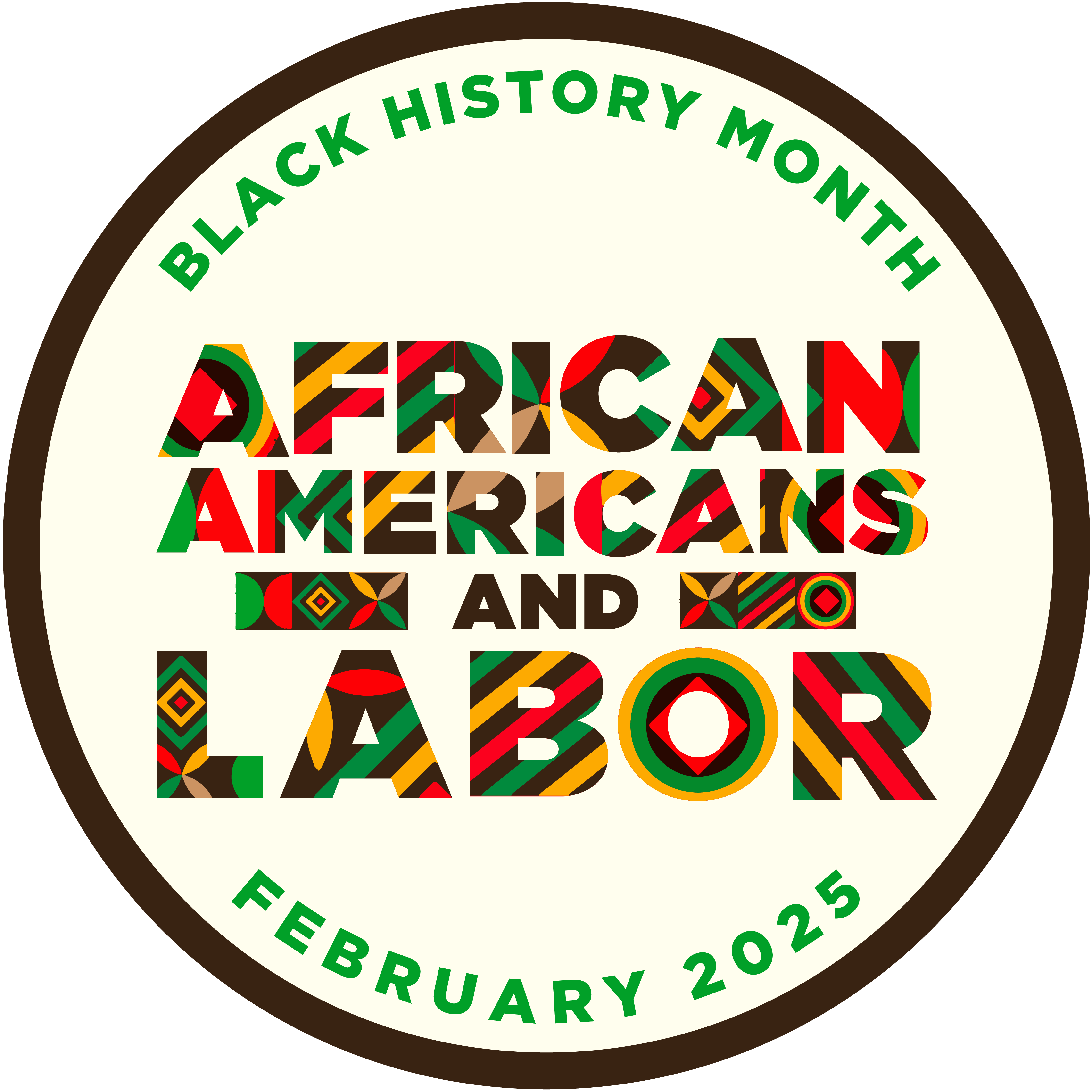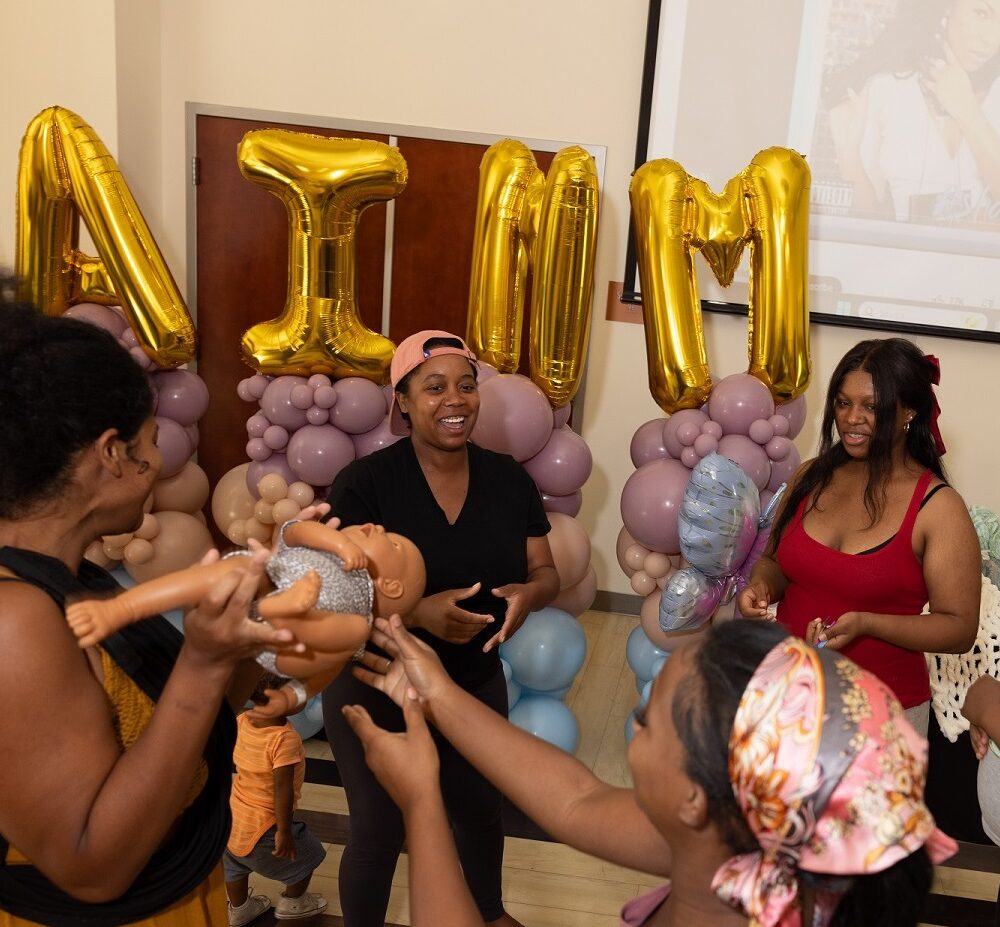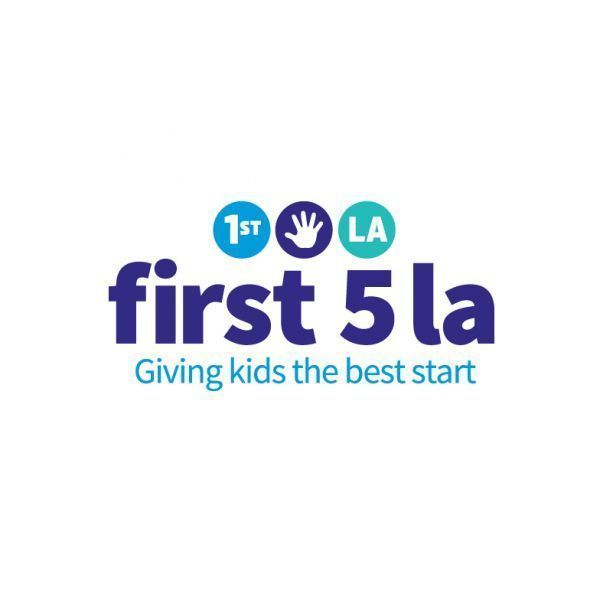Honoring Women’s Legacy: Educating, Inspiring, and Moving Forward Together
March 2025 Women make history every day. But it wasn't until 1978 that the first official commemoration of women in American history took place. That's when the Education Task Force of Sonoma County Commission on the Status of Women started a local Women's History...
Governor Newsom’s 2025-26 Budget Supports Early Childhood Investments Amid Economic Uncertainty
Ofelia Medina | Senior Policy Strategist February 26, 2025 In early January, California Governor Gavin Newsom provided a high-level highlight of the state’s 2025-2026 Budget proposal, which included a total proposed spending plan of $322 billion with a modest surplus...
After the Fires: Rebuilding LA for Young Children
By, Ruel Nolledo | Freelance Writer February 26, 2025 It's a crisp, bright February morning in Robinson Park, where Pasadena's annual Black History Festival is underway. Despite the fires that raged just a mile north of the park 15 days earlier, people are gathered...
First 5 LA Applauds L.A. County Board of Supervisors for Prioritizing the Rebuilding and Recovery Needs of Child Care Providers
FOR IMMEDIATE RELEASE February 24, 2025 Contact: Marlene Fitzsimmons Phone: 213.482.7807 Connection to Resources and Streamlined Process To Reopen Critical Child Care Services for County Residents Los Angeles, CA (February 24, 2025) — In the wake of the devastating...
First 5 LA Thanks Los Angeles Mayor Karen Bass for Speeding Rebuilding and Recovery in Wake of LA Fires
FOR IMMEDIATE RELEASE February 5, 2025 Contact: Marlene Fitzsimmons Phone: 213.482.7807 Public Agency Applauds Mayor’s Leadership in Supporting L.A. City Youngest Children and Their Families Los Angeles, CA (February 5, 2025) — With many child care facilities facing...
Celebrating Black History Month 2025
February 2025 This February, First 5 LA joins families and communities across Los Angeles in celebrating Black History Month. Originally conceived in 1926 as a way of preserving and sharing Black life, history, and culture, the event received its federal designation...
The Journey is a Celebration: Creating spaces of joy to promote maternal mental health
By, Ruel Nolledo | Freelance Writer January 29, 2025 Note: This article was written shortly prior to the Eaton fire, which has impacted many families in the San Gabriel Valley (SGV) region. The SGV AAIMM Community Action Team is working to provide support to Black...
First 5 LA President and CEO Releases Statement on L.A. County Fires
January 15, 2025 Dear, Los Angeles County Community, First and foremost, I hope this message finds you and your loved ones safe. Our hearts go out to the members of our community and their loved ones who have been impacted by the devastating wildfires in Los Angeles...
First 5 Network Responds to Governor Newsom’s Proposed 2025-2026 Budget
SACRAMENTO, CA (January 10, 2024)—The First 5 Network, which includes First 5 California, the First 5 Association of California, and First 5 LA, issued the following statements regarding Governor Gavin Newsom’s proposed 2025-2026 budget: Governor Newsom’s proposed...
L.A. County Wildfire Recovery Resources
First 5 LA has created a dedicated resource page to help families, communities and partners navigate and access the available services and supports related to the Palisades and Eaton Fires. This webpage will be updated as new information becomes available. Emergency...

